I knew I was a professional at something
 Friday, June 23, 2017 at 7:47AM
Friday, June 23, 2017 at 7:47AM I wrote this just after the Casey Anthony trial ended. It’s still one of my favorite stories..
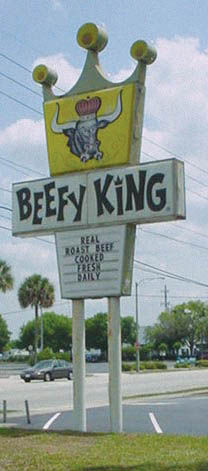 Years ago, I was a hardline artist for an ad agency in Orlando. Everything we created was for the Belk department store chain, based out of North Carolina. Hardline included shoes, furniture, electronics, and other items unrelated to fashion. I would never consider myself a fashion artist - then or now, but I worked there for 11-years. I also designed and built ads that ran in a good number of newspapers throughout the state. Previous to that job I was mostly in the restaurant business. Soon after I started working at Stonebrook Advertising, I saw a fast food restaurant up the street called Beefy King. Since I had come from a background in that industry, I thought it would be a nice place to eat and meet new people. It didn’t take long for the owners, Roland & Sandee Smith, and I to become good friends.
Years ago, I was a hardline artist for an ad agency in Orlando. Everything we created was for the Belk department store chain, based out of North Carolina. Hardline included shoes, furniture, electronics, and other items unrelated to fashion. I would never consider myself a fashion artist - then or now, but I worked there for 11-years. I also designed and built ads that ran in a good number of newspapers throughout the state. Previous to that job I was mostly in the restaurant business. Soon after I started working at Stonebrook Advertising, I saw a fast food restaurant up the street called Beefy King. Since I had come from a background in that industry, I thought it would be a nice place to eat and meet new people. It didn’t take long for the owners, Roland & Sandee Smith, and I to become good friends.
One of the interesting, if not quirky, aspects of my job was our daily morning ritual. My boss insisted that we come to work at 8:30 am, but he (almost forcefully) encouraged us to take a break from 9 to 10. Go out for an hour! Enjoy yourself! Strange, but that was Mr. Stone’s way of doing business. Because of his edict, on most mornings, I would drive up the street to Beefy King, make myself a sandwich and pour a cup of coffee. Black. No sugar. Sometimes, I’d help slice meats or whatever, but most of the time I’d just stand at the front counter reading the newspaper. I guess it depended on whether they needed a little help that particular day. Mind you, I was always glad to pitch in. Since they didn’t open until 10, I never interfered with any customers.
On one particular morning, there was a man working on an ice machine that had broken down. I’d say he was, what you might call, pleasantly plump and he had a personality to match. In other words, he was a very nice fellow. The next morning, he was still tinkering on the ice machine. Good thing the restaurant had a spare. On the morning of the third day, he finished his work and quietly talked to Roland about the bill and something else that caught his attention. As they stood in the hallway between the dining area and the back room, he whispered, “Hey, that guy up there. He’s been here every morning, just standing there reading the newspaper. Doesn’t he have a job? I mean, what’s he do for a living?”
The acoustics were just right and our jovial buddy had no idea I heard every word. “Why, he’s a professional newspaper reader,” Roland replied.
The guy said, “No way. There’s no such thing.”
Roland said, “Go ask him.”
There I stood, deeply ensconced in my work, oblivious to anything else, and completely unaware that he was sauntering my way to ask about my profession.
“Excuse me,” he politely said, as if not wanting to take up too much of my very important time.
I took my eyes away from my work, looked up and in a face that showed great concentration, I said, “Yes?”
I tried not to snicker.
“Well, I’ve been here three days now and I see you reading the newspaper. I was just wondering what kind of job you have. What do you do for a living, if you don’t mind my asking?”
“Why of course not. I’m a professional newspaper reader.”
“Get outta here. I’ve never heard of such a job.”
“Yes. That is what I do.”
“You’re kidding! You get paid to read newspapers?”
“Yes. It’s a rather lucrative job, I might add. There aren’t that many of us in the state.”
“Well, I’m from Florida - born and raised, and I know the state like the back of my hand. What’s the name of the newspaper in Leesburg?”
“Which one? The Commercial or the Gazette? Also, the Orlando Sentinel has a zoned edition.”
“No kidding! Alright. What about St. Augustine?”
“The St. Augustine Record.”
In rapid succession, he asked me about another half-dozen or so cities and towns throughout Florida and no matter what he came up with, I had the correct answer. He had no idea that Belk advertised in all of those newspapers. Actually, we did. Back then, newspapers weren’t as consistent as they are today, so ads were designed to fit each publication.
“Okay… fine… I believe you… a… professional… newspaper… reader. ” It took a little time for this revelation to sink in. “I gotta tell my wife when I get home tonight. She’s not going to believe it.”
As the guy drove out of the parking lot, Roland and I got the biggest chuckle. To this day, I’ll bet that guy still tells people about the job to stump all jobs. A professional newspaper reader.
All kidding aside, there’s one thing I must tell you about Beefy King. I went there almost every weekday morning for about 10 years and I can tell you that it is, by far, one of the cleanest restaurants I’ve ever set foot in. Not only could you practically eat off the floor, the food is very good, to boot. It’s been in the same family since 1968, with the third generation running the show now. There’s not a restaurant critic in town that wouldn’t give Beefy King a glowing review, and for good reason. The place is legendary. If you are ever in Orlando and have some spare time on your hands, try to stop by for lunch. It’s on Bumby. You can tell them a professional newspaper reader sent you.
 Dave Knechel | tagged
Dave Knechel | tagged  Beefy King,
Beefy King,  Roland Smith,
Roland Smith,  Sandee Smith,
Sandee Smith,  Stonebrook Advertising | in
Stonebrook Advertising | in  Marinade Dave |
Marinade Dave | 
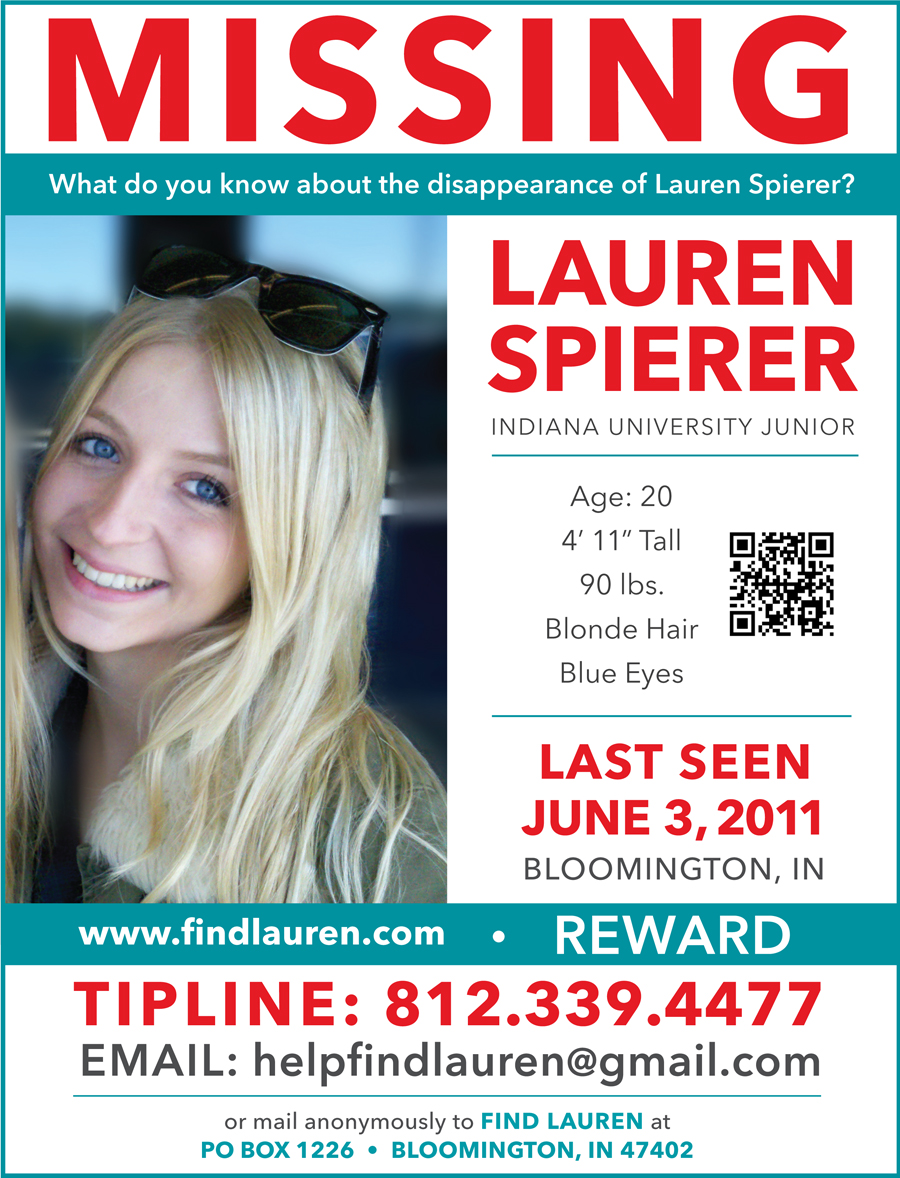
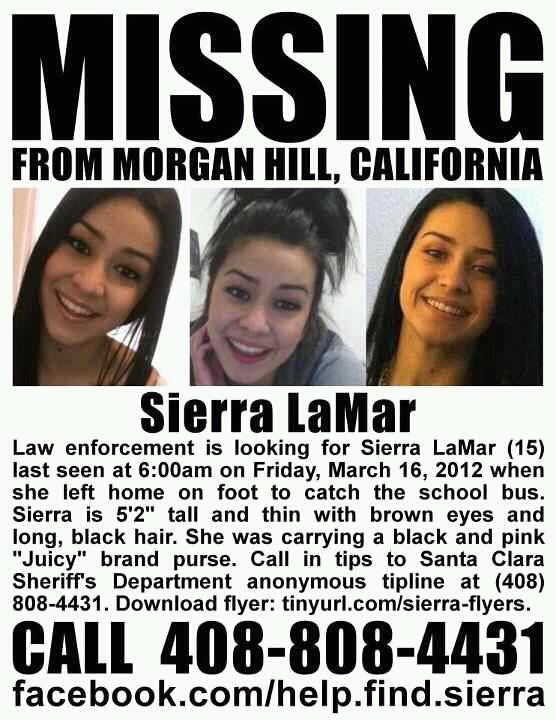
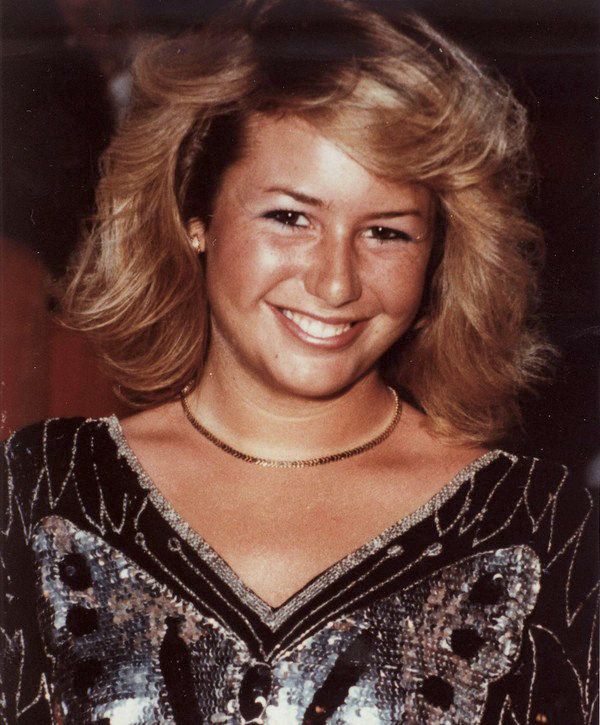
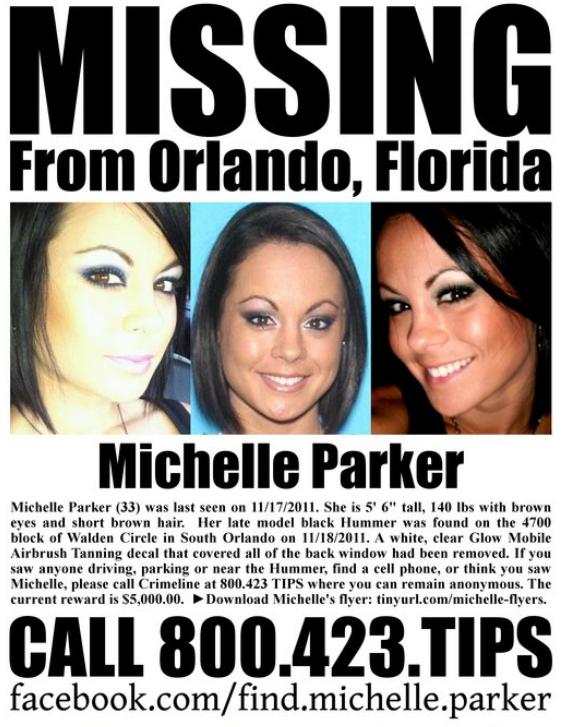
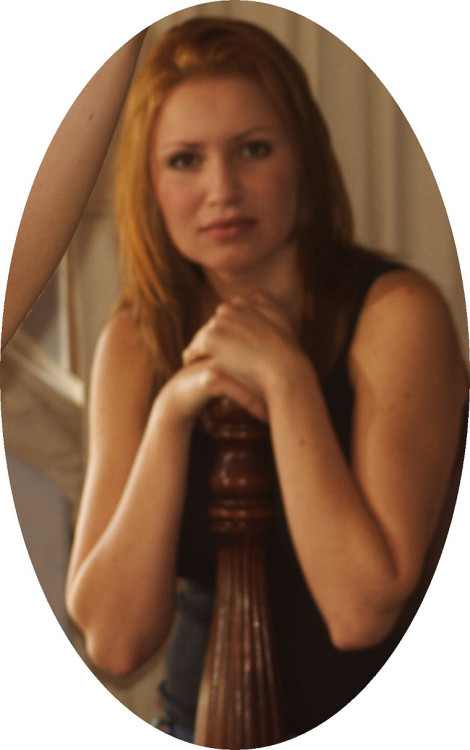
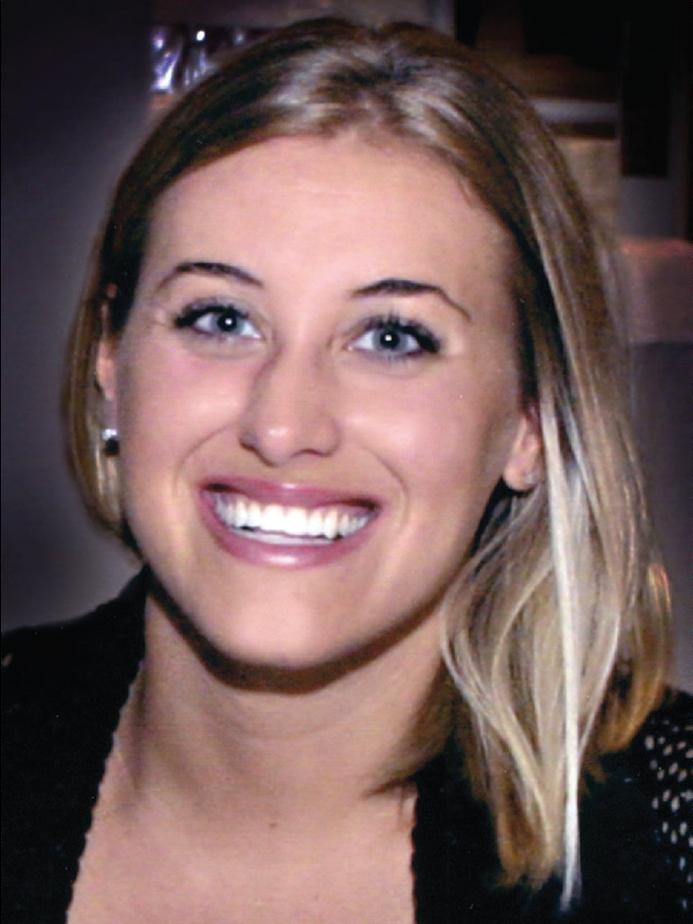





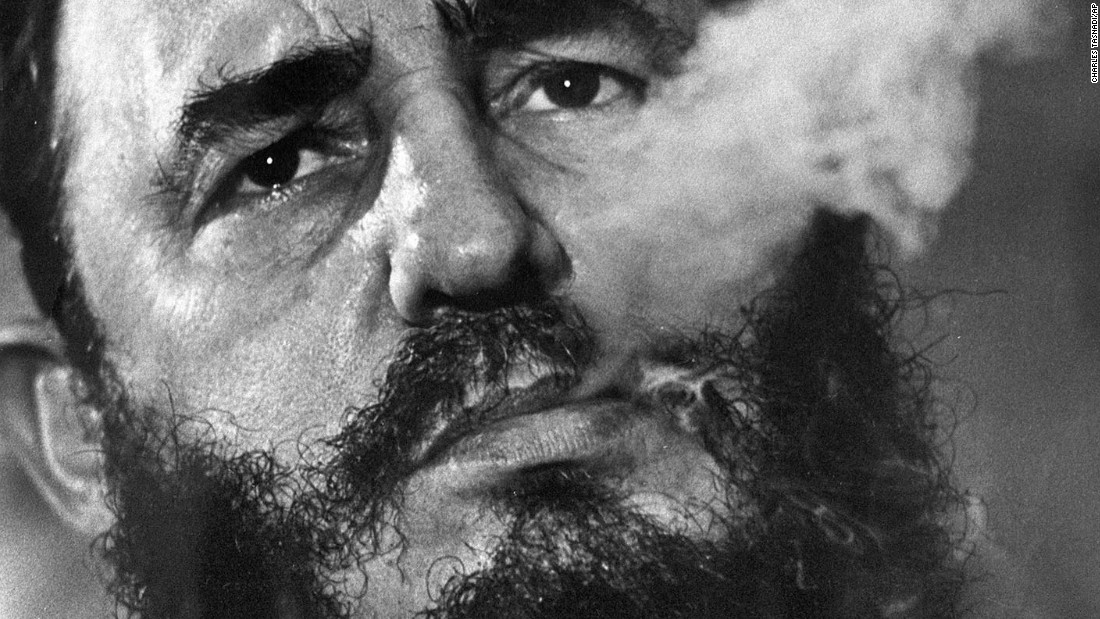
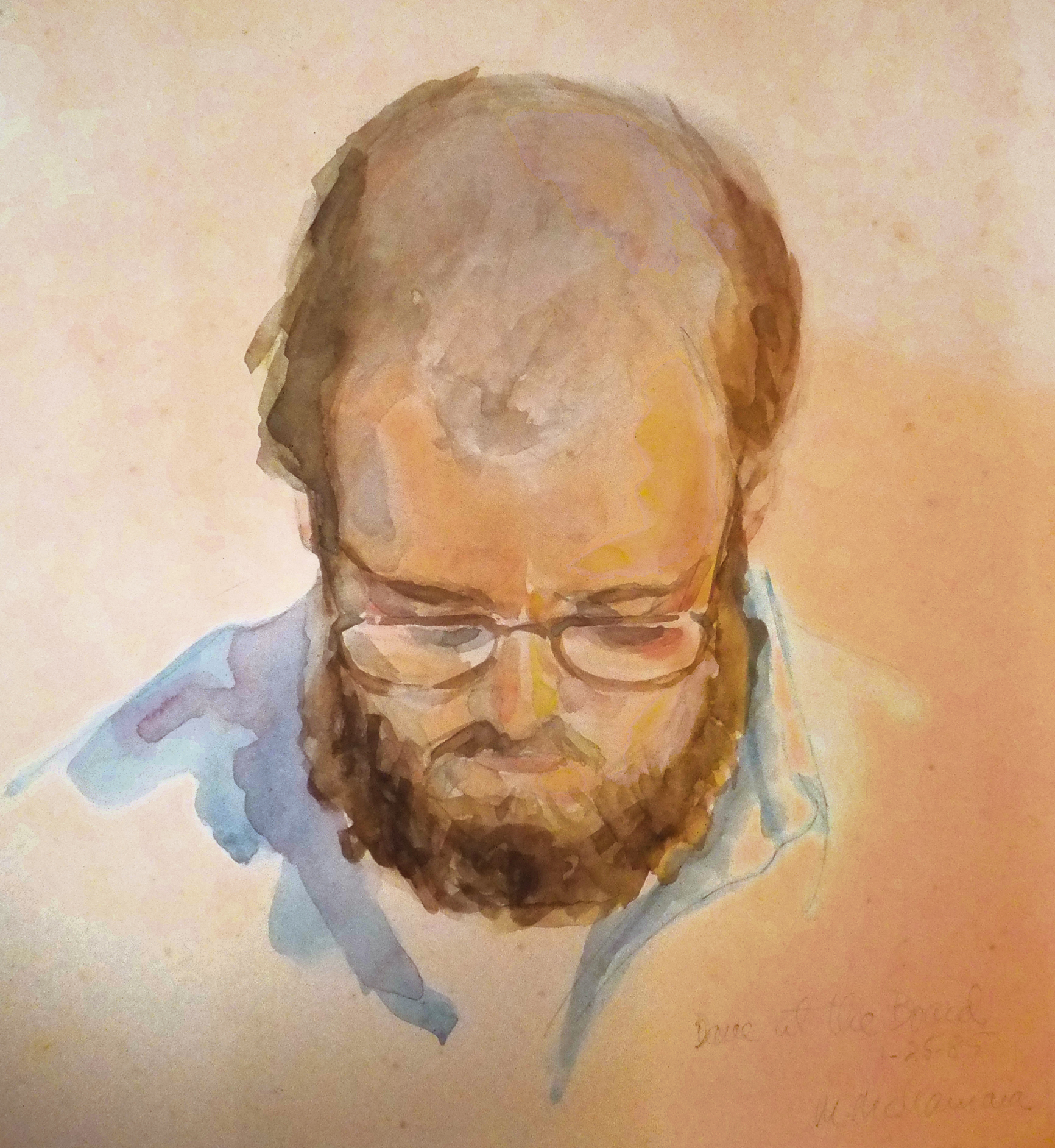
 LEGAL NOTICE
©David B. Knechel. All Rights Reserved. No portion of this site can be reproduced in it's entirety or in part without expressed written permission by the owner/administrator of this site in accordance with the Digital Millennium Copyright Act. Section 512(c)(3) of the U.S. Copyright Act, 17 U.S.C. §512(c)(3). The charges against defendants are mere accusations and the subjects are presumed innocent until found guilty in a court of law.
LEGAL NOTICE
©David B. Knechel. All Rights Reserved. No portion of this site can be reproduced in it's entirety or in part without expressed written permission by the owner/administrator of this site in accordance with the Digital Millennium Copyright Act. Section 512(c)(3) of the U.S. Copyright Act, 17 U.S.C. §512(c)(3). The charges against defendants are mere accusations and the subjects are presumed innocent until found guilty in a court of law.